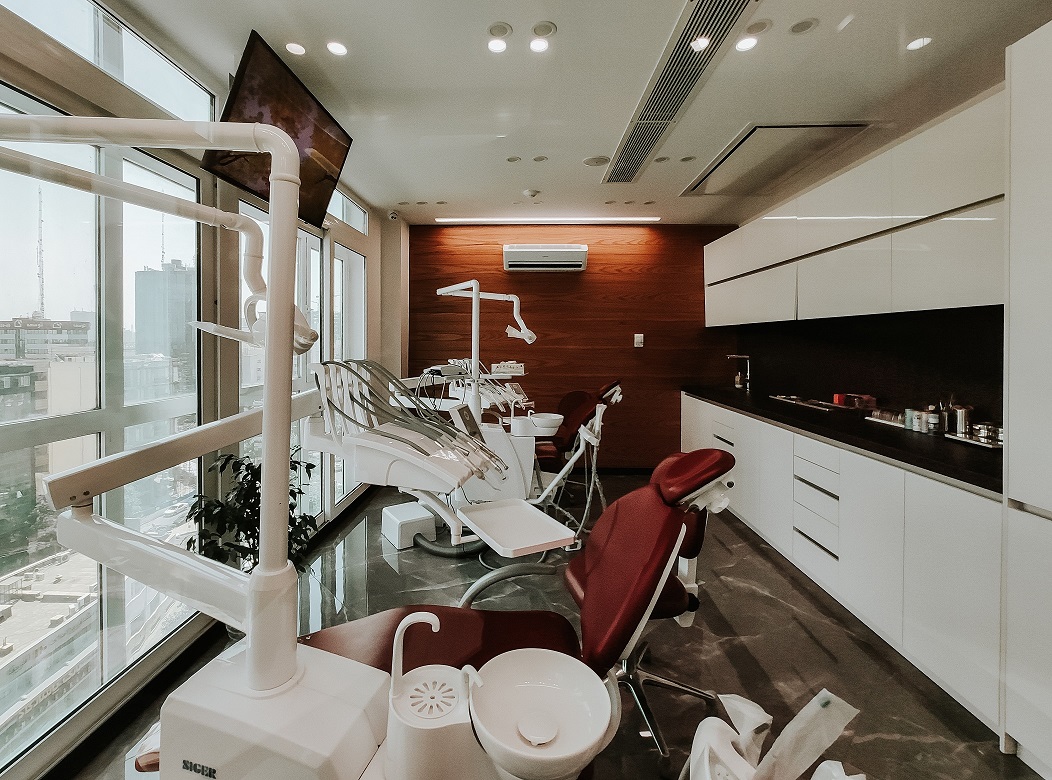Top 11 Interview Questions for Associate Dentists: Asked by Group Practice Team Leaders (Part 3)
How are your interviews going so far? Since you have established the value of your team leaders being involved in the process ( Article #1 ) and you have created an agenda and discussed the first three topics with your management team ( Article #2 ), now it’s time to add the next three questions to your list.
-
What is your plan to become a top clinical dentist once you’re here in our group? Are you willing to stay on top of clinical documentation?
-
What do you do personally to stay on schedule when you’re very busy?
-
What have you done to teach others? How do you feel about training your assistant? How do you feel about reading our training material?
For dentists fresh out of a residency program or dental school, it may be difficult to consider investing even more money and time in continuing education, but from a team leader’s perspective this is essential. A senior level hygienist or assistant/EFDA may have better than 10 years’ experience working in dentistry – hence, their role on the management team. Over this time, they may have worked with several dentists (especially in a large group practice) and know quality care when they see it. These clinical leaders want to work with quality dentists because they know how much smoother patient care flows and that the dentist can solve the problem when clinical challenges occur.
Experienced office managers know that it’s easier to fill the schedule of a highly-skilled dentist. It also reduces scheduling mistakes by other front desk team members who need to remember all the procedures the associate dentist cannot perform. For example, “Don’t forget, Dr. Associate can’t do molar endo.” Realistically, for young dentists, there is a learning curve as they settle into private practice. When an associate discusses their plan for advancing their clinical skills with the management team, these leaders will support the dentist and communicate any special needs to the rest of the staff.
Finally, another benefit for the management team to tackle this discussion with the associate dentist is that it may provide guidelines for the selection of the dentist’s primary assistant. Depending on the expertise of the new dentist, the team leaders will look for the right assistant to match the skills of the doctor. Is the associate dentist already comfortable with the CEREC machine? Then her assistant needs to know how to operate the CEREC. Same for extensive surgery or sedation services – finding an assistant to meet the dentist’s needs is easier when the management team gets to know the skill level before the hiring decision is made.
Whether your practice uses paper charts or clinical notes, every dentist is responsible for staying on top of their clinical documentation. Since patient volume can be higher in a group practice (especially when there are several hygienists to be checked) it can be easy for an associate dentist to fall behind. When paper charts are involved, the front desk team can become frustrated when a dentist gets behind on checking charts and then carries a giant stack to the front desk when they finally get caught up! In every office, there are some staff who are better at entering notes in a timely manner than others. The dentists need to make sure everyone is entering accurate, thorough, timely notes for each patient. Will this candidate be part of the solution? Or part of the problem?
As your practice grows, will you volunteer to take on projects? Will you use a personal calendar to remind yourself of goals and projects that are important to you?
In a successful group practice with a competent management team, everyone pulls their own weight. This means staying on top of sending out lab cases, preparing large case presentations, and keeping patients happy. Beyond clinical care, dental practice management requires dentists to appreciate staff, deal with equipment problems and figure out schedules. Finding out what responsibilities your candidate took care of in other offices may give the management team a sense of whether he will help or not, if he is hired by this group. This also sets the expectation with the associate dentist that the management team will be stepping up to solve problems and are looking for someone that is willing to do the same.
Asking about personal organization and goals gives a glimpse into the personality of the candidate. We all know of “Type A” people who live by their list of things to do vs. an easy-going, more relaxed style – there’s no right personality, but this is a great way to get an understanding of what to expect from this new dentist. This conversation could even lead into some idea of how clean this associate dentist will keep her desk – little things, but a great opportunity for the management team to understand the style of this candidate, which will aid in communication down the line.
Even the most experienced dental assistant needs some training to work effectively with a new dentist. The same goes for hygienists to meet the expectations of dentists in a group environment. Do we need to have the images on the TV screen before the dentist comes in for a hygiene check? Do we have the right size gloves available? Even front desk team members need to know any difference in scheduling times required for new patients or specific procedures. So, having the management team ask the associate dentist about their experience and attitude regarding training gives a glimpse into how this dentist will handle each of these situations.
Groups often try to standardize supplies and protocols as much as possible. How will this new dentist adjust to the existing protocols the group has become comfortable with? Will the associate take the time to learn and appreciate “how we do things” before jumping in with recommendations and changes? When the management team asks for stories of how this dentist read through materials in other offices in order to become familiar with the style and approach, this suggests that he may listen before speaking in this group.
Once the associate dentist has settled in and then has ideas to improve the practice, will he make the effort to implement them? More specifically, will this candidate train his assistant? It’s easy for a dentist to complain about the limited skills of an assistant. It’s another thing to invest personal time during lunch or after patient hours to coach an assistant to increase the flow of a procedure or clarify the reason behind each step taken. Team leaders appreciate the effort of dentists in a group practice to train their assistants. Will your candidate make the effort?
Please stay tuned for next week’s questions!
Jill Nesbitt, MBA is a group practice dental consultant offering free practice management resources and an online dental staff training program . If you are hiring an associate for your group and would like organized systems to support your growth, read her group practice case study .
ETS Dental is a Dental Recruiting firm specializing in finding and placing General Dentists, Dental Specialists, and Dental Staff throughout the United States. www.etsdental.com










